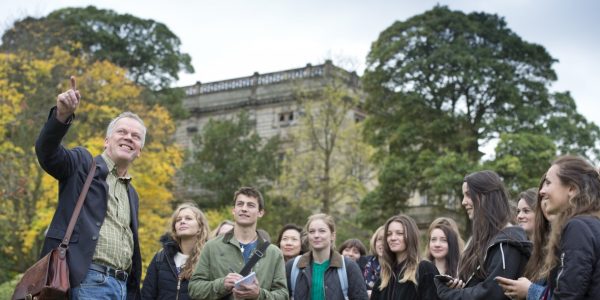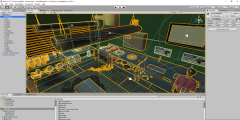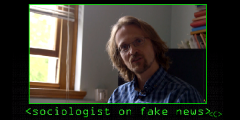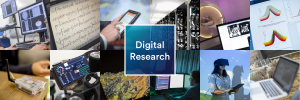Expand your research possibilities
June 25, 2020
Expand your research possibilities, share your research, find an expert. In an increasingly digital world, new technologies can help develop research by boosting the reuse of data and developing new collaboration opportunities. Reusing research provides numerous benefits. In the first instance, accessing current or previous data sets, information, and knowledge can help support and develop …
Corrupt Kitchen VR Dev-Diary 2
November 14, 2017
The Digital Research Team are working with Computer Science, Law and Politics on developing a VR game about corruption. Dr Paul Tennent describes the on going development below: Welcome to the next section of the Corrupt Kitchen VR development diary. Today we’re going to talk a bit more about realising the game experience. First though …
Developing the Corrupt Kitchen VR
October 11, 2017
The Digital Research Team are working with Computer Science, Law and Politics on developing a VR game about corruption. Dr Paul Tennent describes some of the development below: Stage 1: Building the Kitchen Environment. The first challenge for creating Corrupt Kitchen VR has been the development of the virtual environment. It would have to be …
Fake News, Digital Sociology and Computerphile
August 2, 2017
The Digital Research Team have been working with Dr Christian Karner from the School of Sociology and Social Policy to enhance his research through use of different digital technologies. This led to a research project in collaboration with Dr Martin Flintham from the School Computer Science looking at Fake News. Christian recently filmed an interview …
Fake News Research Study Outcomes and Reflection
August 1, 2017
The Digital Research Team have helped facilitate a collaboration between researchers in Computer Science and Sociology. This is a guest blog post written by Dr Helen Creswick. The research team created a fake Facebook profile, populating it with various news posts (fake and otherwise), and recruited participants to take part in an activity where they …
Use of Affordable Eye Tracking in News Verification Strategies
June 14, 2017
The Digital Research team are facilitating a collaboration between Schools of Sociology and Social Policy, and Computer Science to explore fake news in social media. Having completed a survey which explored user perceptions of fake news, we are now about to begin a series of studies looking more closely at the ways people assess digital …
Surveying Traditional and Digital Consumption of Fake News
April 7, 2017
The Digital Research Team are facilitating a collaboration between the Schools of Sociology and Social Policy, and Computer Science. The team, led by Christian Karner and Martin Flintham, are looking to apply sociological research methods to explore fake news in social media. Following a detailed literature review, the team are moving forward with the first stage of …
Horizon scanning for digital engagement technologies in Politics and Law
March 28, 2017
The digital research team are working with Politics, Law and Computer Science on a provocative digital engagement in research on corruption. During the latest meeting we were discussing the possibilities of using a serious virtual reality game to explore trust issues in the workspace. Some creative ideas we had involved having the user virtually work …
Digital Engagement in Politics and Law: Digital Research Case Study 13 2017
Researchers in the Schools of Law and Politics often work in sensitive and challenging research areas which are difficult to engage research participants and members of the public in. You may have come across my blog series on Digital Engagement, which inspired a new digital engagement project. Jan Meyer-Sahling, Professor of Political Science and Richard …
Classifying and verifying fake news in social media
March 27, 2017
Helen Creswick, Christian Karner and Martin Flintham are currently working on an interdisciplinary research project looking at fake news in social media. A literature review is currently underway and two key taxonomy’s have emerged around types of fake news and categories of verification. Rubin et al (2017) argue that there are three types of ‘fake’ …












Recent Comments